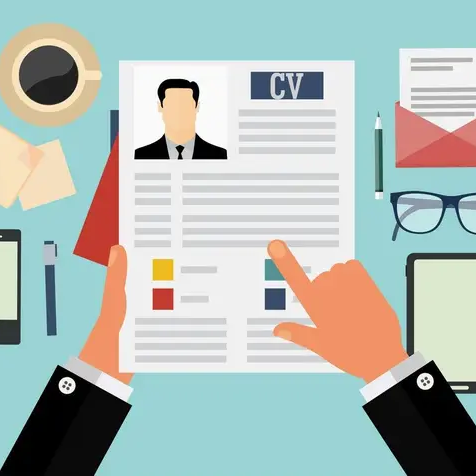
Resume
Not able to get the job opportunities you want? It's extremely likely that your resume is lacking. With this core professional document, you must make a stellar impression within seconds.
Explore Interview QuestionsGoogle Interview QuestionsMeta Interview QuestionsAmazon Interview QuestionsApple Interview QuestionsNetflix Interview Questions
Explore Jobs By LevelEntry-Level Software Engineer JobsMid-Level Software Engineer JobsSenior Software Engineer JobsStaff Software Engineer Jobs